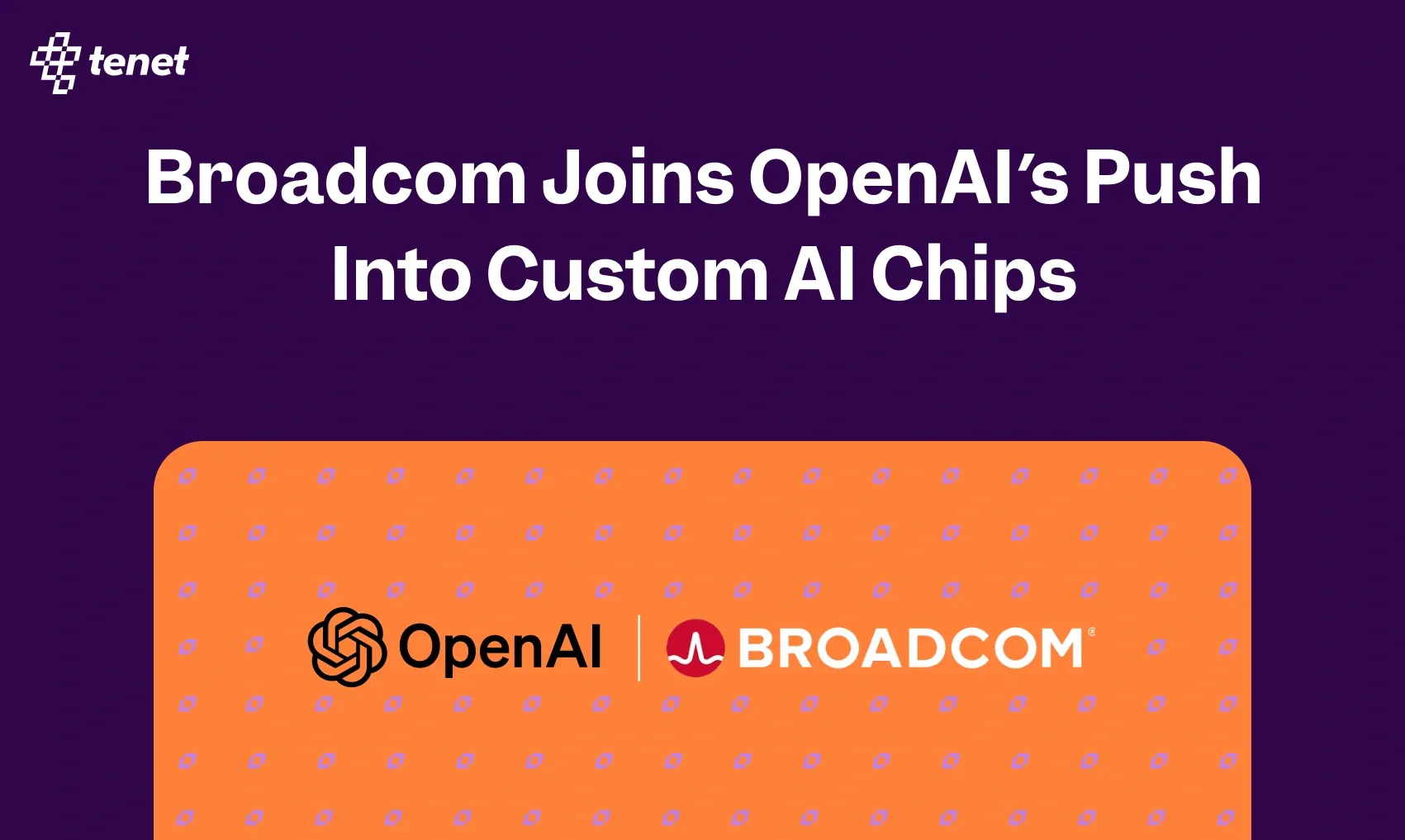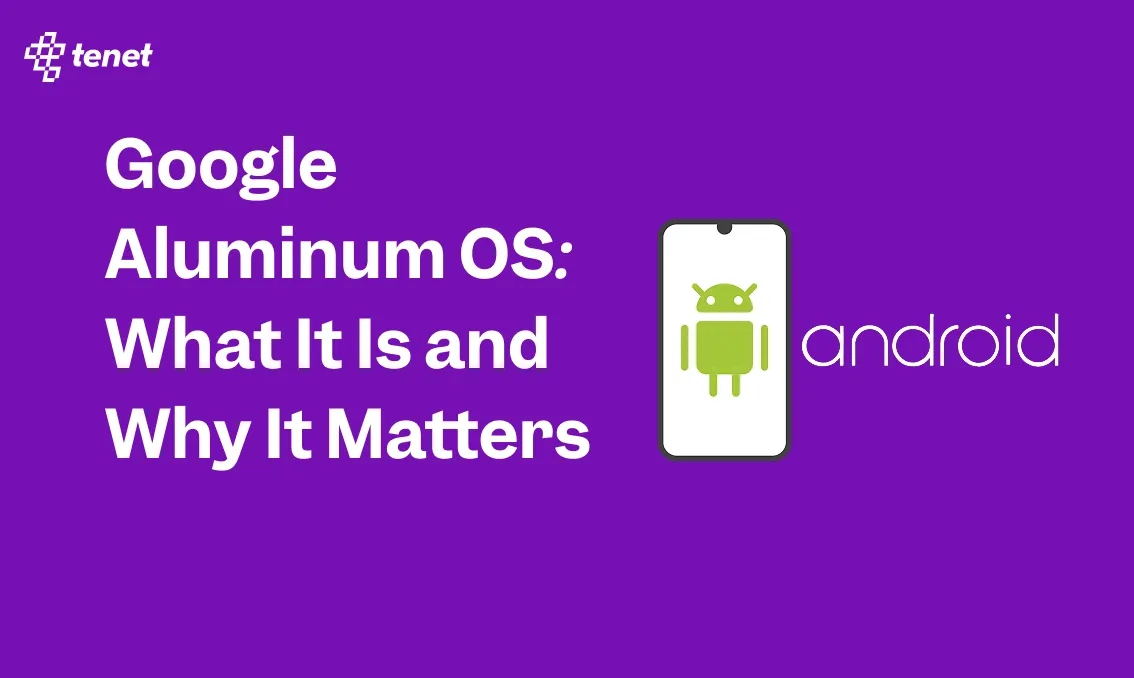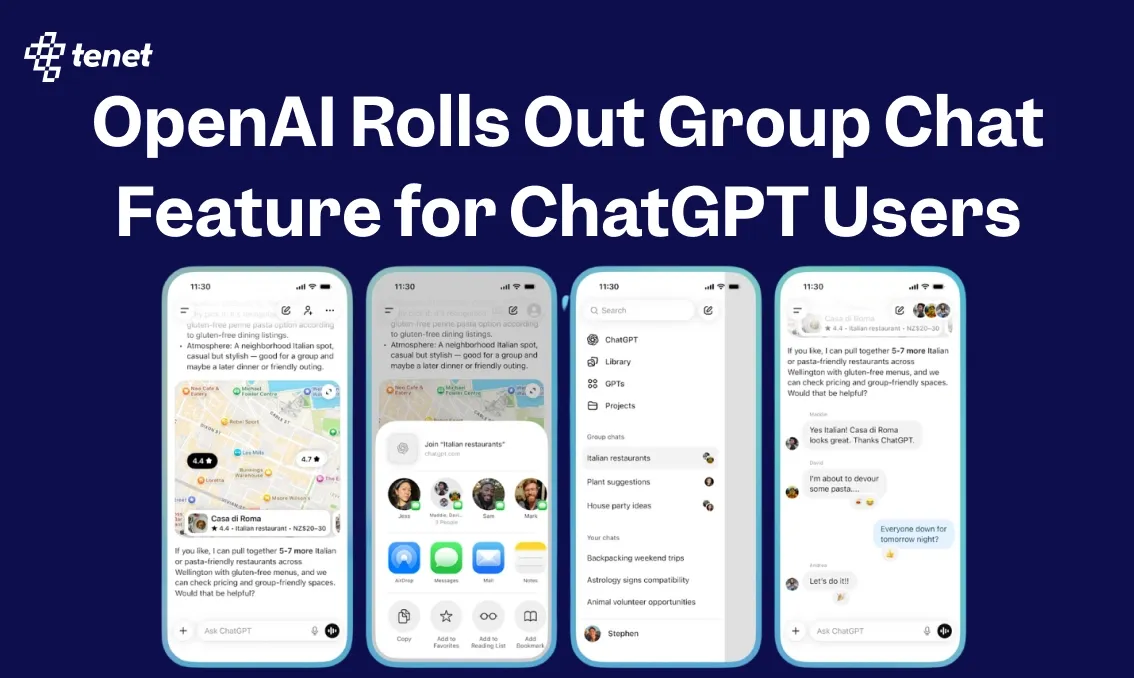Broadcom Joins OpenAI’s Push Into Custom AI Chips
Share
Share

Get a quick blog summary with
OpenAI has partnered with Broadcom to develop its first custom AI chip, marking a major step toward building its own hardware systems. This partnership seeks to minimize OpenAI’s dependency on Nvidia’s GPUs, which have faced supply and pricing pressures.
With Broadcom’s semiconductor expertise and OpenAI’s software usage, the two companies plan to co-design efficient and large-scale AI processors optimized for model training and inference.
For the AI industry, this move marks a movement towards tighter control over infrastructure. For those in design and technology, it shows how increasingly important hardware selection will be in determining software capabilities, influencing product design, and building advanced intelligent systems in the years to come.
What the OpenAI-Broadcom Pact Actually Says
OpenAI will be responsible for the custom AI accelerators and system architecture under the deal, while Broadcom will assist in development, deployment and integration across hardware racks and networking systems.
The deal is focused on delivering 10 gigawatts of AI compute capacity with rollouts expected to begin in the second half of 2026 and continue through 2029. The collaboration will also include the integration of Broadcom’s advanced Ethernet and connectivity solutions into OpenAI’s rack systems. It makes this collaboration a complete plan covering compute, networking and even the overall infrastructure.
While the technical responsibilities are clearly defined, many financial and implementation related details are not public yet. The companies have not revealed how costs and risks will be shared or how the profit sharing structure would work. It is also unclear which foundries or memory suppliers will be part of the manufacturing process. The speed and reliability of execution is the only factor that can predict the partnership’s success, given the unique difficulties in custom silicon chip development and deploying it on a large scale.
Why OpenAI Needs Its Own Chips Now
For the past few years OpenAI has relied heavily on third-party GPU providers like Nvidia to power its large-scale AI models. With rising demand, limited supply and growing operational costs, the company now faces challenges in scaling efficiently.
“Partnering with Broadcom is a critical step in building the infrastructure needed to unlock AI’s potential and deliver real benefits for people and businesses,” said Sam Altman, co-founder and CEO of OpenAI. “Developing our own accelerators adds to the broader ecosystem of partners all building the capacity required to push the frontier of AI to provide benefits to all humanity.”
By developing its own chips with Broadcom, OpenAI aims to take greater control over its infrastructure and long-term roadmap.
Below are a few of the major reasons why this move makes sense:
- Increasing dependency on GPU availability and pricing
- Increasing operational costs due to supply issues
- Need for optimized performance per watt for massive AI workloads
- Desire to be in pace with the hardware capabilities with custom AI software stacks
- Growing competition from Google, Amazon, and Meta with in-house chips
- Goal to reduce latency and improve model training speed
- Long-term plan to own the entire AI infrastructure stack
- Opportunity to differentiate through hardware-software co-design
The Takeaway for Agencies Building the Future of Digital Products
The AI sector is evolving quickly, and OpenAI has taken its first step into custom chips which shows the rapid changes this industry is experiencing on the hardware side.
A few years ago the focus was just on more advanced software systems, now the focus is on how systems are structured to support intelligence in a more resourceful manner. These advancements will influence the construction, optimization, and scaling of future digital offerings.
For agencies like Tenet this means helping businesses transform by designing digital products that are ready for the AI-driven future. We focus on building platforms with AI and ML integration in mind ensuring that design, performance and scalability always work together. As the AI industry is moving forward, our role as a digital partner is to guide brands through this transformation and turn complex technology shifts into practical digital experiences that deliver real business value.
Expertise Delivered Straight to Your Inbox
Expertise Delivered Straight to Your Inbox

Got an idea on your mind?
We’d love to hear about your brand, your visions, current challenges, even if you’re not sure what your next step is.
Let’s talk













